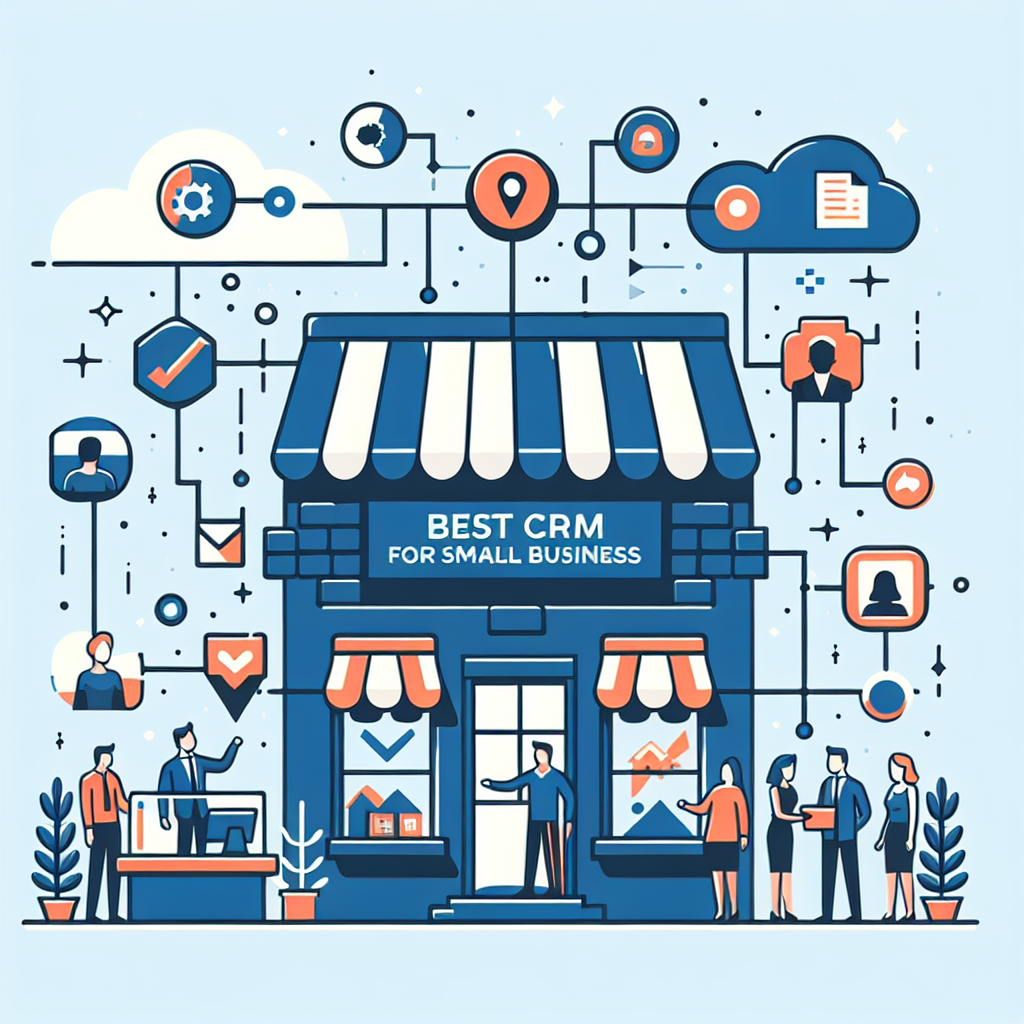What Makes the Best CRM for Small Business?
Choosing the right Customer Relationship Management (CRM) system can transform how your small business operates. The best CRM for small business isn’t just a tool; it’s a strategic asset that streamlines your operations and fosters stronger customer relationships. But what exactly makes a CRM the best choice for small businesses? Let me walk you through some key aspects to consider.
Essential Features of the Best CRM for Small Business
To truly meet the needs of a small business, a CRM should include the following features:
- User-Friendly Interface: Ensures that you and your team can navigate the system without extensive training or IT support.
- Customization: Allows you to tailor features to suit the specific needs of your business, making it adaptable as you grow.
- Scalability: Offers the ability to scale up as your business expands, without having to switch platforms.
- Integration Capabilities: Seamlessly integrates with other tools and software you currently use, such as email marketing, e-commerce platforms, and accounting tools.
- Mobile Access: Provides access to your CRM on the go, ensuring you can manage customer relationships wherever you are.
- Robust Reporting and Analytics: Gives insights into customer behavior, sales trends, and marketing campaign effectiveness.
- Effective Contact Management: Keeps all customer information organized and easily accessible.
- Automation: Automates repetitive tasks, freeing up time for more strategic activities.
Who Would Benefit Most from the Best CRM for Small Business?
While the advantages of having a CRM are relevant for most, here are specific groups within the small business realm that would reap the most benefits from the best CRM systems:
- Sales Teams: By tracking and nurturing leads more effectively, sales teams can close deals faster.
- Marketing Professionals: With insights into customer preferences and behavior, marketers can craft campaigns that resonate with their audience.
- Customer Service Teams: A comprehensive CRM can improve service by providing a complete history of interactions with each customer.
- Managers and Business Owners: With access to real-time data and analytics, leaders can make informed decisions and plan strategically for growth.
How the Best CRM for Small Business Drives Success
Implementing the best CRM for small business can lead your company to impressive gains in productivity and customer satisfaction. By centralizing customer information, you ensure everyone in the company has access to the same up-to-date data. This not only eliminates data silos but also fosters a team-oriented approach to customer engagement.
Additionally, the automation features offered by top CRMs help in streamlining repetitive tasks. This means your team can focus on what they do best—building relationships and closing sales—while the CRM handles routine follow-ups and data entry.
Our Pick: Clickup
Choosing the Right CRM: Key Considerations
With so many CRM options available, how do you choose the best CRM for your small business? Here are a few considerations to keep in mind:
- Budget: Ensure the CRM fits within your financial constraints but also offers good value in terms of features and scalability.
- Trial Period: Opt for a CRM that offers a free trial so you can explore its features before committing.
- Customer Support: Responsive support is crucial, especially when you’re first implementing the system and as your needs change.
- User Reviews: Reading testimonials from other small business owners can provide insight into the CRM’s strengths and weaknesses.
Final Thoughts
The best CRM for small business simplifies processes, enhances customer engagement, and supports business growth. By focusing on the features that matter most and aligning your choice with your business goals, you’ll be well-positioned to cultivate long-lasting customer relationships and drive success. Remember, the right CRM doesn’t just manage relationships; it enhances them!





